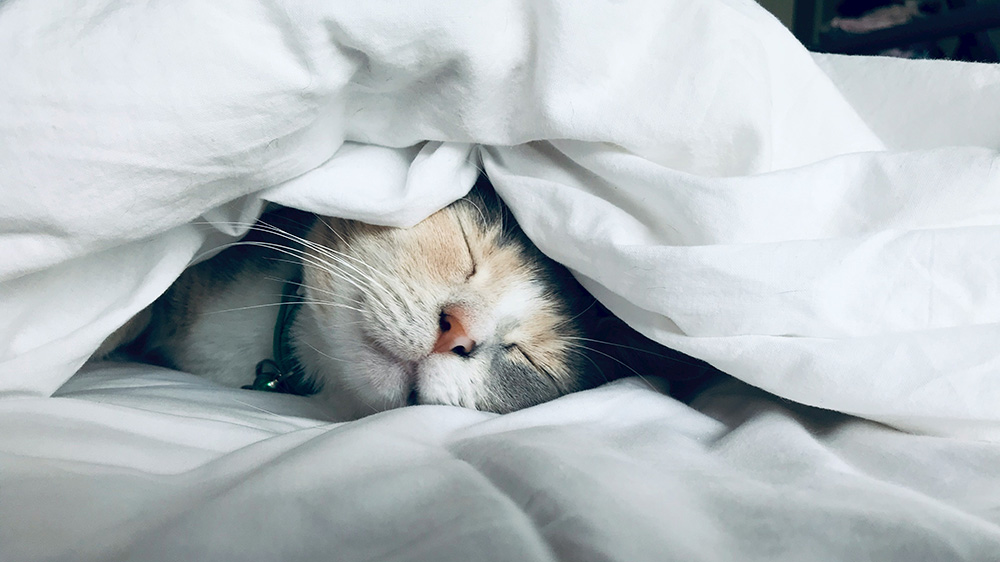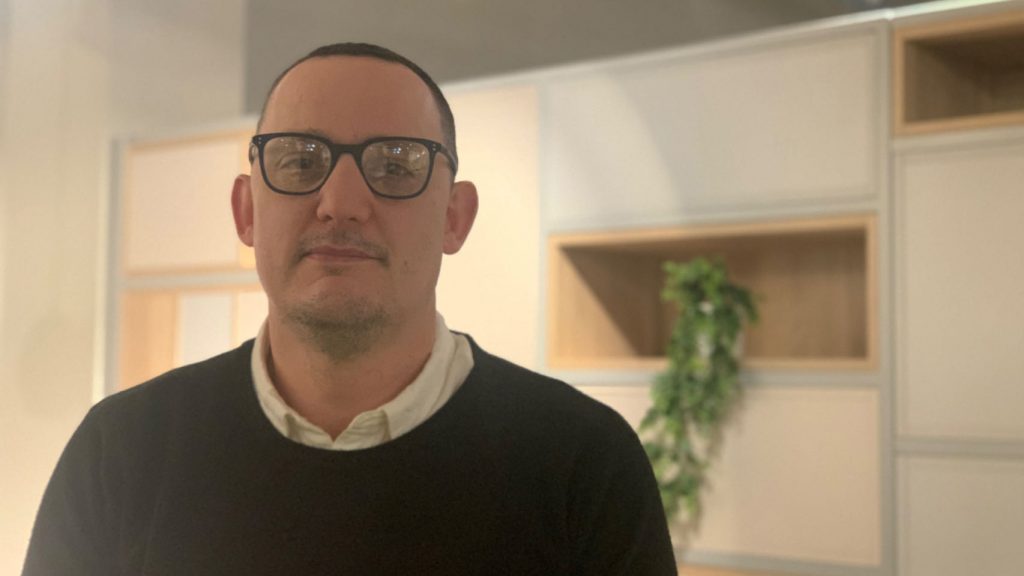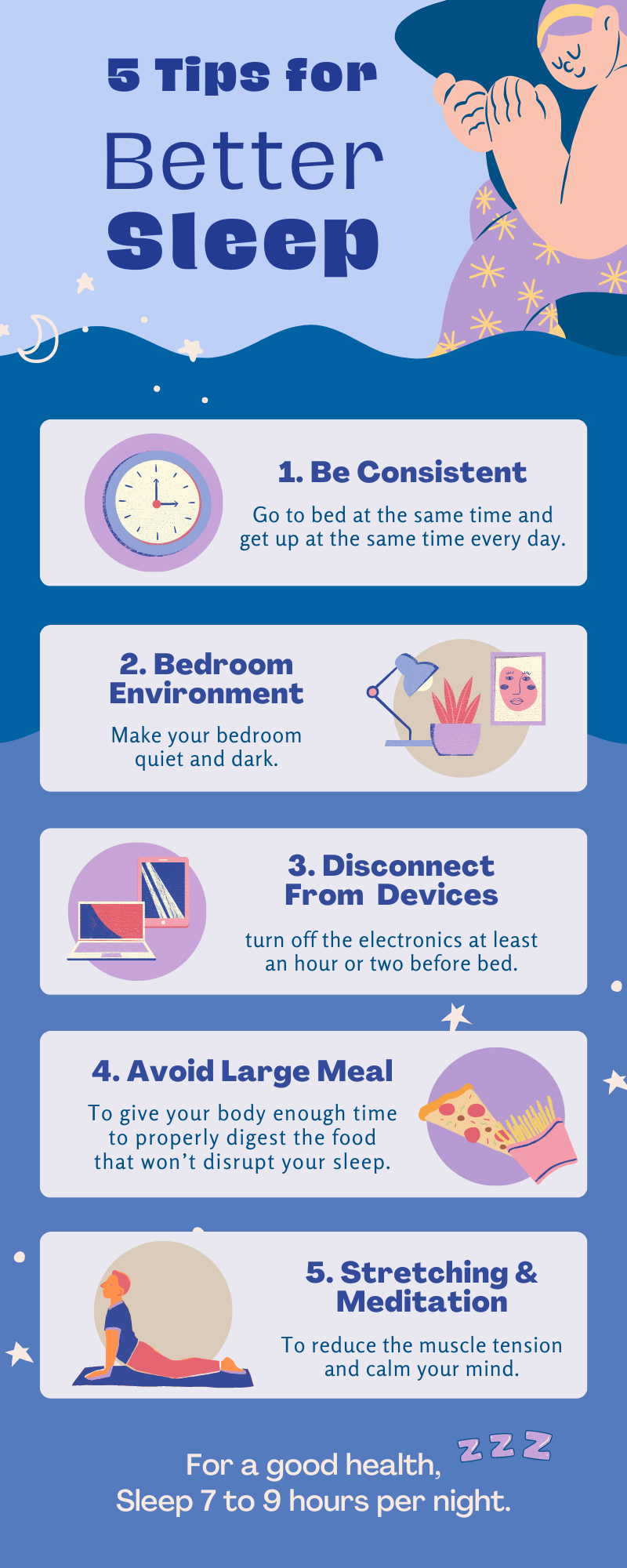Almost 50% of people struggle with their sleep in Britain, what is behind this alarming figure and should you be worried?

People in the UK suffer from poor sleep, with nearly one in three experiencing it, according to the National Health Service.
The importance of good sleep for our health is often overlooked. Insomnia and poor sleep not only lead to grogginess but can also impair productivity, judgment and increase risks of chronic illnesses like heart disease and depression.
For most young people, electronic products are definitely one of the main culprits affecting their sleep. “Sometimes I feel really sleepy and want to sleep, but I just can’t help but want to play with my phone for a while. It might start as a five-minute game, but it turns into 30 minutes, and end up with no sleep at all,” said Jason Huang, a 21-year-old student.

In fact, electronic devices like phones and tablets emit blue light, and blue light has been shown to reduce or delay the production of melatonin in the evening and reduce sleepiness. This is why people feel more excited to use their phones at night, and miss the best time to sleep, according to the Centers for disease Control and Prevention.
Dr. Marishka Brown, a sleep specialist at the National Institutes of Health (NIH), says in a monthly newsletter that good sleep is about more than just spending a few hours in bed. “There are three main components to healthy sleep. One is how much sleep you get. The other is sleep quality – getting uninterrupted and refreshed sleep. Finally, a consistent sleep schedule,” she said.

Anna Mears, a front of house coordinator, experiences firsthand the positive effects of a good night’s sleep. “If I don’t get enough sleep, I feel quite grumpy and tired, and I can’t really concentrate,” she said. “Good sleep boosts my concentration levels and puts me in a great mood throughout the day.”
To ensure she gets her much-needed rest, Anna follows a routine. “I go to the gym and exercise. I get up early in the morning, and by the time I get home and have my dinner, I’m sure I can sleep for six or seven hours.”
Sometimes, however, sleep can be elusive. In such cases, Anna turns to a tried-and-true remedy: “If I’m struggling with sleep, I pick up a book and read. It can make me tired again, and then I can go back to sleep.”

For some people with young children, sleep also depends on the child.
“I’d like to get eight hours but it depends on how my daughter settles in the evening. So that’s a big factor,” Benjamin Wilson said.
“Although I’d like to get eight hours, I believe as long as I get between seven and eight hours, it feels sufficient,” he said.
March 15 is World Sleep Day, a special day to remind us of the importance of sleep for our physical and mental health. For those who are struggling to improve their sleep quality, experts suggest listening to relaxation audio, which can help relax the body and mind, making it easier to fall asleep naturally. A simple relaxation exercise like closing your eyes, sitting on your bed, and connecting with yourself for even five minutes before bedtime can also be beneficial.

